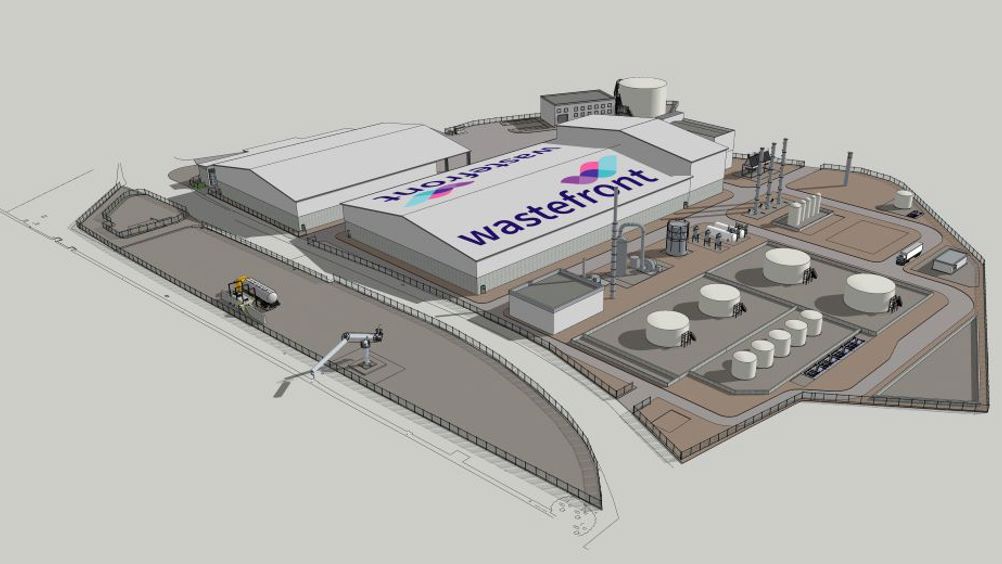HYFUEL oil purification project receives €2m funding boost
Norwegian waste tyre recycling company Wastefront and Swedish chemical engineering company Hulteberg Chemistry & Engineering have been awarded €2m to conduct HYFUEL, an oil purification project.

The total project-funding amounts to €2.076m with €1.038m from Eureka Eurostars and €1.038m from project partners.
HYFUEL is developing a novel catalyst approach to purify pyrolysis oil extracted from end-of-life tyres (ELTs). The HYFUEL process will enable Wastefront to increase the value of its existing biofuel by optimising some of the characteristics of Tyre Derived Oil (TDO) when it is transformed into renewable fuels for several applications.
Wastefront’s TDO qualifies as a biofuel under price premium schemes, but the pre-treatment of pyrolysis feed and upgrading of TDO means that HYFUEL’s optimised tyre pyrolysis oil can be used as a substitution for diesel fuel without the need for further refining. According to Wastefront, the HYFUEL process does not require high temperatures for operation, leading to lower energy consumption and lower carbon emissions.
In a statement, Henrik Selstam, CTO of Wastefront, said: “The purification of pyrolysis oil is a critical next step for our industry as we strive to implement greener, more efficient ways to utilise end-of-life-tyres, which too often still end up in landfills or being burnt in cement kilns. Ground breaking projects like this, underpinned by collaboration, innovation and intent at their core, are undoubtedly the key to realising the net-zero transition at the pace the future of our planet so clearly requires.”
Register now to continue reading
Thanks for visiting The Engineer. You’ve now reached your monthly limit of news stories. Register for free to unlock unlimited access to all of our news coverage, as well as premium content including opinion, in-depth features and special reports.
Benefits of registering
-
In-depth insights and coverage of key emerging trends
-
Unrestricted access to special reports throughout the year
-
Daily technology news delivered straight to your inbox










Water Sector Talent Exodus Could Cripple The Sector
Maybe if things are essential for the running of a country and we want to pay a fair price we should be running these utilities on a not for profit...